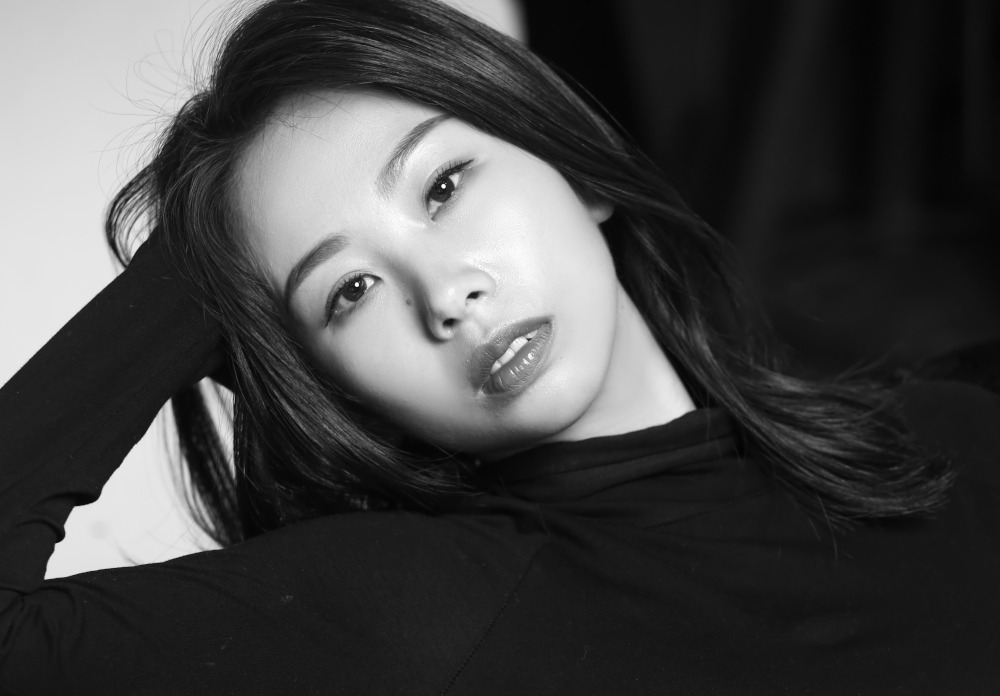
Chunxiao Qu is prolific in the creation her short and often very sharp, ridiculous, and often very funny poetic works. And when I say short, I mean short – her poems are a sentence, a phrase that one might encounter on social media or a text message that someone sent you when they were drunk. They often have a dumb humor, a play on words, where it feels as if Qu doesn’t care if you agree with her or not, perhaps she doesn’t even agree with herself. In her work as a visual artist, Qu’s poems are often ideas for neon light works or larger conceptual arts projects. I sat down with Qu and we discussed her relationship to language with poetry and art as well as her poetry collection Popcorn, porn of poetry (2021) and her latest collections This poetry book is too good to have a name and Logic Poetry published by Discipline (2022).
Liang Luscombe: What is your relationship to self-portraiture? I’ve noticed several of your poems rely on presenting opposing statements about yourself, from extreme self-aggrandising thoughts to self-pitying soliloquies, the poetry swings from one to the next wildly. Could you tell me more about how you think about construction of self in the book Popcorn, porn of poetry, I’m thinking of these short works as an example:
Sometimes I feel I am great Sometimes I feel I am hopeless
And
I don’t have so many times To fuck so many things up
Chunxiao Qu: Opposing statements come in two varieties. One is the ordinary contradiction: if we notice a contradiction in someone’s statements. This means they’re lying, or at least saying something false. For example, you say ‘you didn’t take the cookies’, but then you slip up and say something else that implies that you did take the cookies. The other is the paradox. A paradox is a set of opposing statements that all seem to be true. The narratives by which we construct ourselves, from the first-person point of view, are paradoxical.
LL: Yes, the paradox feels very much at the heart of your poetry, playing and testing out short statements, can you tell me more how logic functions in your recent book?
CQ: This book combines two poetry books into one. One part is called This poetry book is too good to have a name and the other is called Logic Poetry. They are quite different. I put them together in one book instead of publishing them separately because I feel they reflect well on the contradictions and multiplicities of my personality. Logic Poetry is very rational and logical, and the other part is more emotional and dramatic. Putting them together feels like 1 + (-1) = 0 and I like this feeling.
I wrote Logic Poetry because I was studying logic with Juhani Yli-Vakkuri, who is a logician and analytic philosopher. While I have a very basic understanding of logic in relation to philosophy, it is its own system of language that uses symbols in a mathematical way. I found this system to be very attractive and during the time when I studied logic, I wrote those logic poems to try to use natural language – to do logic.
As for This poetry book is too good to have a name, it is more fun. For example, it includes the poem:
I don’t like having sex I only like making love
I made a design for a condom label that had this poem printed on it, and when I imagine I am using a condom like that, I feel good and romantic.
LL: Is that romantic?
CQ: Maybe not.
LL: Tell me how it’s romantic.
CQ: Because love is better than sex.













